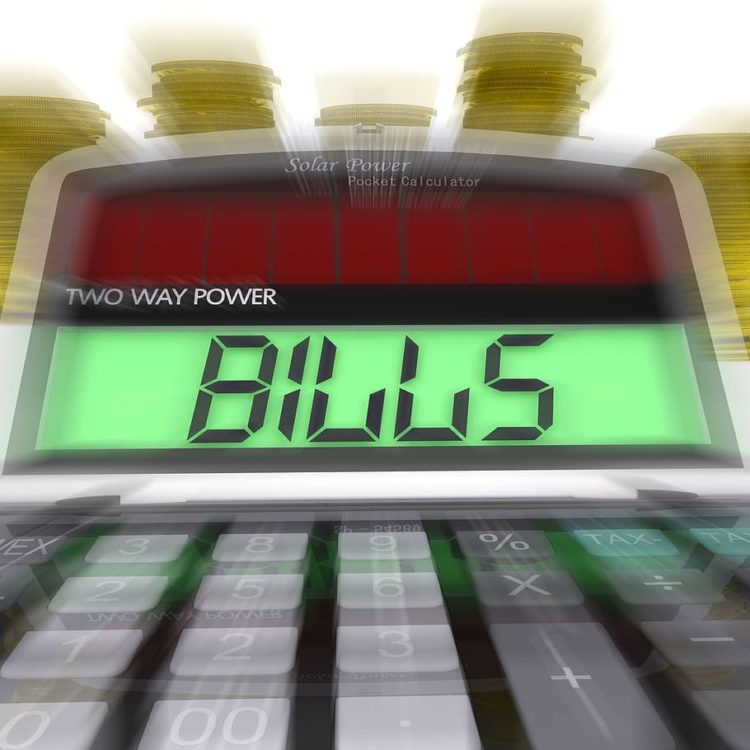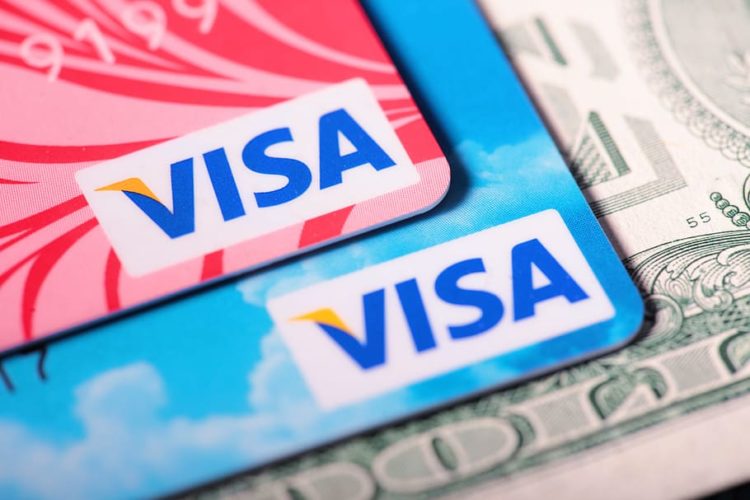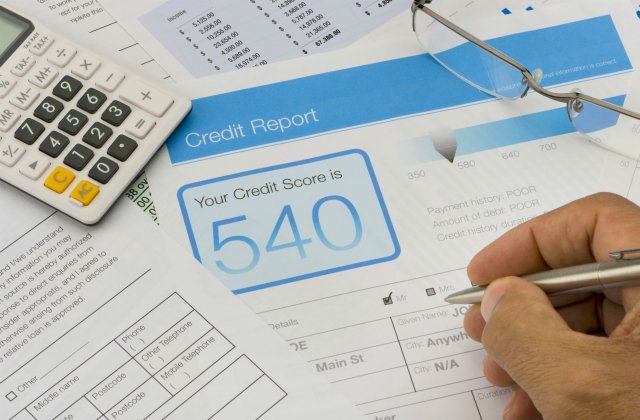Your credit score is a three-digit number that the lenders use to establish how likely it is for them to be repaid on time if they grant you a credit card or loan. It means that it is an essential factor in your financial life. If your scores are higher, you are more to qualify for loans and credit cards at the best terms, which will save you some money.
However, if your credit history is not where you want it to be, we can help you. It takes time to improve your credit scores, the sooner you start addressing the issues, the faster your credit scores will increase.
Your credit creates an impression about your personality to employers, creditors, and landlords. Using your credit score and credit history, the success of your loan or credit application can be determined. Although creating an excellent credit score does not happen in a day, you can achieve your desired result following your laid out guidelines.
Page Contents
Ensure That Your Bills Are Promptly Paid

source:pxfuel.com
One significant category of your credit score is your “Payment History.” This segment takes up 35% of your total credit score. Hence, this can either build or mar your score. To have good credit, you need to pay your bills on time. By doing so, your payments are reported to the credit report bureau.
Positively influence on your score by paying all your bills on each month is a helpful thing, but if you are paying late, it can have a negative effect.
This does not refer just to credit card bills or any loans you might have, such as auto loans or your student loans. It is also about your rent, utilities, phone bills, and so on.
It is helpful to use resources and tools available to you, like automatic payments or calendar reminders. Those will ensure that you pay on time each month.
In case you are behind on any payments, bring them current as soon as you can. Even though late or missed payments are negative information on your credit report, their impact on your credit score decreases over time. That means that older late payments have less effect than the recent ones.
With much consistency, there will be an improvement in your score. As your credit history receives positive marks, your credit score rises. How can you pay your bills promptly?
1. Live Within Your Means

source:pxfuel.com
This is a primary way to build up your credit. Avoid spending way more than you earn. Doing so will only prevent you from having enough savings, which makes it difficult to pay off any loan. However, if you find it difficult living within your means, then you need to increase your earnings.
There are times when you would have to take a car loan or mortgage. However, ensure that such loans are within what you can afford. For your mortgage, your monthly payment should be less than 25% of your total income. This is also applicable to your car loan. Although, some financial experts recommend that you make an auto loan payment of 20% of your monthly income.
2. Make Prompt Payment On Your Credit Card Bills

source:pxfuel.com
Making payments on time helps boost your credit score. On the other hand, late payments are added to your credit report as negative items after 30 days. Hence, your credit score dips. If this continues for three to six consecutive months, your credit card could be charged off.
Also, late payments incur high-interest charges due to the high-interest rates credit cards possess. An interest charge can be as high as 19% of your outstanding balance. If you have a larger balance, your interest charge will be higher. It gets worse when an individual has a tight budget. Such a person would miss out on other payments.
3. Ensure Your Loans Are Repaid Early

source:pxfuel.com
To ideally raise your credit score, you need to repay your entire loan before the due date. Within three to six months, you can see tremendous improvement on your credit score if you make payments on time and do not skip any of them.
Additionally, you can request to have your credit payment reported to the bureaus. By doing so, your payments reflect on your credit report as positive items. Over time, you will be able to build a strong credit history that will appeal to your employer, lender, banks, and other financial bodies.
Having a high credit score would easily qualify you for various loan applications such as car loans, mortgage, credit cards, small business loans, student loans, and many more. If you would like to know more about improving your credit, please visit this link: CreditRepairCompanies.com.
4. Open new credit accounts only as needed

source:unsplash.com
Do not open accounts only to have a better credit mix. That will not make your credit score any better.
Unnecessary credit can harm your credit score in many ways, such as creating too many hard inquiries on your credit report or tempting you to overspend.
5. Do not close your unused credit cards

source:pxfuel.com
It is an excellent strategy to keep unused credit cards open, in case they do not cost you money in annual fees. The explanation is that closing an account might increase your credit utilization ratio.
6. Check your credit reports

source:self.inc.com
It is important to check your credit reports at all three credit reporting bureaus in case there are some inaccuracies.
If you have incorrect information on your credit reports, it will drag your scores down. Verify that the accounts listed on your reports are right. If you see any errors, dispute the information and correct it.





